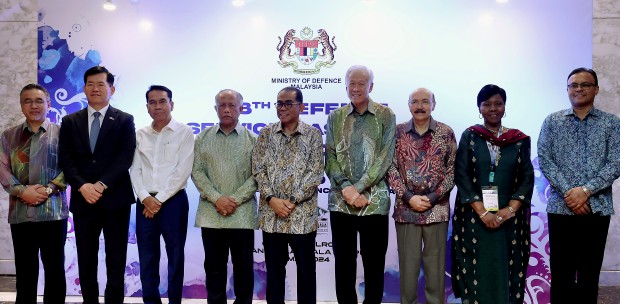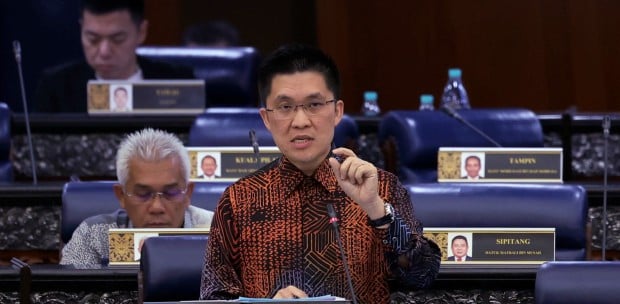KUALA LUMPUR: The Goods and Services Tax (GST) is expected to put Malaysia on equal footing with other countries in terms of export competitiveness by making exports cheaper and lowering operating costs for businesses.
“Although the sales tax regime does not tax exports, exported goods are not completely free of taxes since some of the hidden taxes that cannot be relieved would build into the final export pricing,” said Customs Department director-general Datuk Sri Khazali Ahmad in his closing speech at the National GST Conference 2014, here, yesterday.
“Having two separate tax systems for consumption taxes often cause a cascading effect that can snowball to 16 per cent under the present system. With the GST, one pays only six per cent,” he said.
He cited the example of food and beverages that are subjected to sales tax. “If sold again by a taxable hotel or restaurant operator, a further tax of six per cent in the form of service tax is imposed on the sales of those goods.”
Excluding Brunei, only Malaysia and Myanmar have yet to implement the GST in Southeast Asia.
Khazali urged businesses, especially small and medium enterprises, to register early and take advantage of the E-voucher subsidy programme.
Businesses offering goods and services have to be registered for
the GST if their annual sales turnover exceeds the prescribed RM500,000.
The department expects more than 100,000 businesses to register their operations by year-end.
Since June, more than 4,000 businesses have voluntarily registered, with 3,900 granted approval for the new tax regime.




